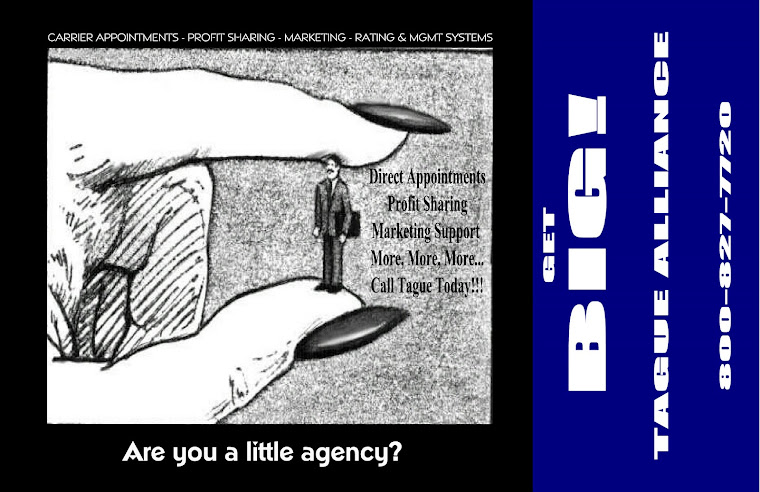Business Insurance Costs
Besides worrying about the daily responsibility of running their business, commercial insureds may have other concerns such as rising insurance costs, reduced insurance availability, the impact on coverage due to experiencing recent losses, etc.
Businesses price their products to cover the costs of production as well as their sales and marketing expenses. Prices also reflect some post-sales costs such as repair or replacement under warranty. At one time many industries used a pricing strategy for their products that failed to reflect their true costs. They assumed that lower prices would promote increased sales and the higher sale volume would make up the cost difference. The strategy wasn’t successful. It hasn’t worked for the auto industry, the computer industry or the insurance industry.
The problems of the insurance industry became apparent within the turn of the century and were drastically exasperated by the events of September 11, 2001. That catastrophe substantially affected the insurance industry. Workers Compensation, a coverage that had never experienced a loss of that magnitude, was struck by a catastrophic loss. Property losses, business income losses, liability losses, life insurance claims, every category of insurance coverage affected by that man-made event.
The insurance industry’s beginning attempts to gradually correct their faulty pricing practices was replaced by the need for a sudden and violent change. For much of the current decade, insurance companies have had to handle many more claims being presented many years after their policies have expired. In the case of pollution, asbestos and employment practices, the industry is being asked to handle losses that policies weren’t designed to even cover.
Well, what can a business owner do to minimize their high insurance cost? Before considering sacrificing the amount of protection a business carries just to save money, consider alternatives. Some other solutions would be:
1. Review your coverage:
a. Take a close look at your insurance. Could you increase the deductibles to lower your premium?
b. Are you carrying physical damage coverage on commercial vehicles that aren’t worth it?
c. Are you insuring items you could replace out of pocket? Are there pieces of equipment that are insured when they could be replaced from operating funds without submitting a claim?
2. Review your exposures:
a. Could you reduce the premium by installing an alarm system or fire protection system? Would these premium savings offset the cost of the system?
b. Could you implement safety programs that would reduce the cost or make the insurance company more interested in providing coverage? For example: driver safety programs, back to work programs, safety training in proper use of equipment and job functions.
3. Identify your insurance goals:
a. Do you need an insurance company that can provide loss control services?
b. Do you need an insurance company that can provide claim-handling services for your Workers Compensation insurance?
c. Do you need an insurance company that will allow you to make payments by phone or on-line 24/7?
d. Do you need an insurance company that has a local agent/representative that can assist you in your insurance solutions?
Shopping and price are not the only issues in insurance. What you don’t know can cost you more in the long run than you could ever save in premiums. Discuss your situation with an insurance professional and make the choice that works for you.
COPYRIGHT: Insurance Publishing Plus, Inc. 2003, 2008
Wednesday, July 14, 2010
Subscribe to:
Comments (Atom)



